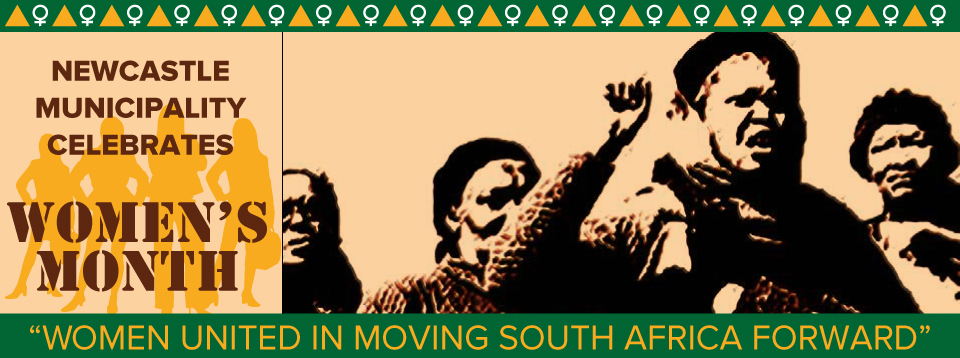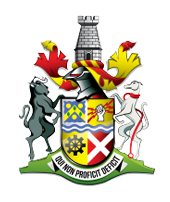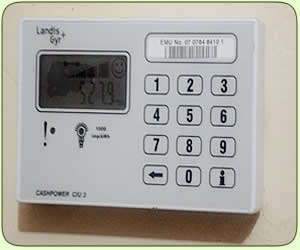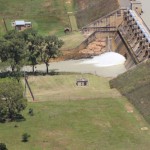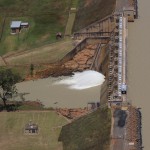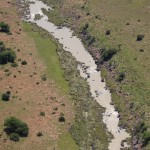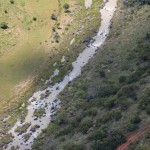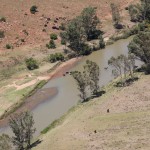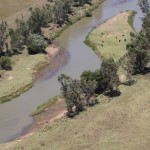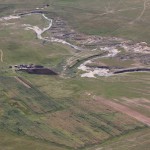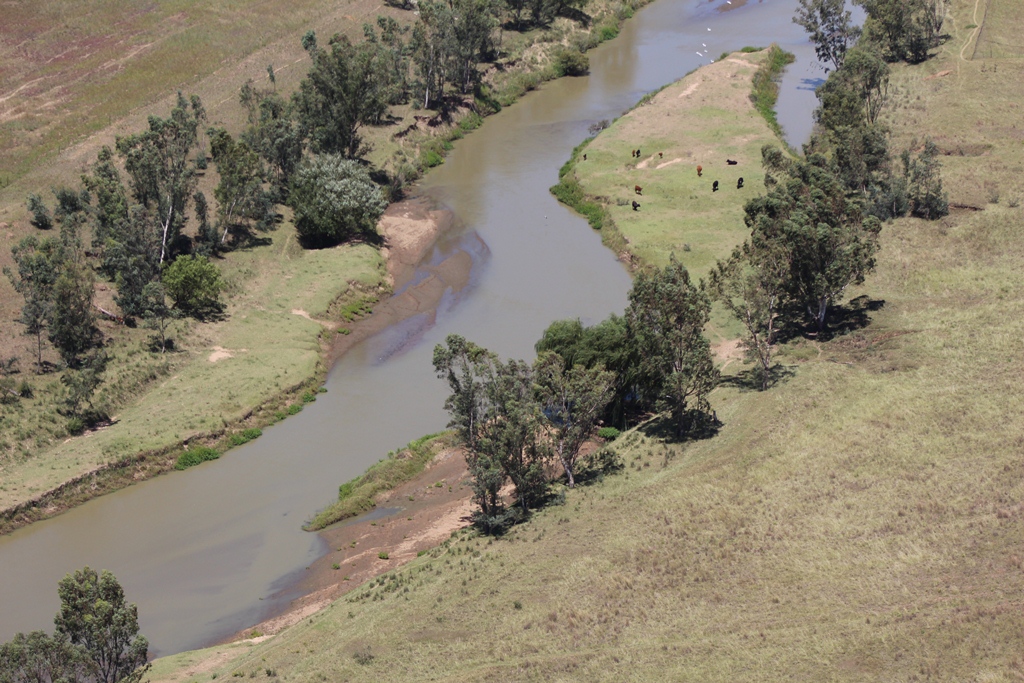
INTRODUCTION
Following a statement released by the MEC for Dept. of Co-operative Governance and Traditional Affairs, the Honourable Nomusa Dube-Ncube concerning the latest drought situation in the province, the Newcastle Municipality – aspires to update and notify the public concerning the current raw water resource situation within our district.
PURPOSE
The purpose of this press release is to ensure that the public is fully aware of the extent and gravity of the current prevailing drought conditions, and the possible ramifications for the region as a whole, should these drought conditions persist indefinitely and beyond the next ensuing rainy season. All sectors of the community should start conserving this scarce resource now, rather than later, and by doing so ensure that we are not as badly affected as other areas of the province, where severe austerity measures have already been implemented.
ESTABLISHED RAW WATER RESOURCES AND SUPPLIES
Under normal circumstances, the Water Service Areas are supplied with purified bulk water from the following water plants and raw water resources:
The Newcastle municipal areas, including Madadeni, Osizweni, Kilbarchan and the Eskom village, are supplied with purified bulk water via the Ngagane Water Purification Plant, which obtains its raw water extraction mainly from the Ntshingwayo Dam (70 mega-litres per day); its tributary the Ngagane River (30 Mega-litres per day); and the Buffalo River (28 Mega-litres per day).
The Amajuba District municipal areas of Dannhauser and Durnacol are supplied with raw water from the Ntshingwayo Dam; and the rural areas of Steildrift, Waterval, and Alcockspruit are supplied with purified water from the Ngagane Water Purification Plant, sourced from the Ntshingwayo Dam. The Emadlangeni (Utrecht) area is supplied with purified water locally obtained from the perennial Dorpspruit River and its storage dam. The capability exists that this supply can be augmented via the Emadlangeni bulk water supply line that feeds off the Ngagane Water Purification Plant via the Ntshingwayo Dam. The Hattingspruit community area is supplied with bulk purified water from the Biggarsberg Water Purification Plant.
HOW THE CURRENT DROUGHT HAS AFFECTED THE RAW WATER RESOURCES
Firstly, the Buffalo and Ngagane Rivers are historically very dependent on good and sustained rainfalls in the summer months to maintain good flows and to fill the main dam supplies higher up in the catchment areas. The smaller subsidiary dams likewise depend on good rainfalls in their catchment areas to reach good and sufficient water levels. As a direct consequence of poor rainfalls during the past rainy season, the water levels in the Buffalo and Ngagane Rivers has, since early December 2014, dropped considerably, and these Rivers are currently being supplied and maintained by an additional extra-ordinary water release from both of the Ntshingwayo and Zaaihoek Dams.
Without this additional water supply, there would be zero flow in these rivers – without these vital river resources, the Newcastle area would suffer a 44% reduction in raw water supply – 24% from the Buffalo River and 20% from the Ngagane River – and the effect on the Umzinyathi area would be devastating, reducing their raw water supply by about 95%.
POSSIBILITY Of WATER TRANSFERS
The level of the Ntshingwayo Dam currently stands at 73%, and the Zaaihoek dam at 82%. It should be noted that the Zaaihoek dam is not a licensed raw water supply extraction point, and that the emergency water supply currently being released from this dam to assist with the drought situation, is at the discretion of the Department of Water Affairs, who has other contractual obligations concerning this water resource.
The area of Hattingspruit is consequently now being almost exclusively supplied from the Buffalo River, via the releases of additional water flows from the Ntshingwayo Dam. The Emadlangeni (Utrecht) local town perennial Dorpspruit River and dam level is currently perilously low at 24%, and this town could soon be fully dependant on a supply from the Ngagane Water Purification Plant via the Ntshingwayo Dam.
It is also significant to note that the Buffalo and Ngagane raw water resources are also shared by other vital economic sectors of the region i.e., agriculture, mining, and industry; and that these sectors have already been adversely affected by the low river levels in terms of production output.
APPEAL
It is therefore a humbly appeal and a warning to the consumers that if the situation persist as per prediction, water cut backs will be unavoidable in both Newcastle West and East. Water restrictions and other measures shall be implemented in line with the council by laws. Excessive use of water and irresponsible car washing business is condemned in strongest possible terms and discouraged.
RECOMMENDED WATER SAVING MEASURES
1. All sectors should reduce water consumptions in a controlled and responsible manner, limiting use to the absolutely essential in order to reduce excessive and unnecessary demands on a diminishing and scarce resource.
2. Water losses should be reduced by fixing leaking taps and pipes, or reporting them to 0860 144 144.
3. The implementation of controlled water conservation and demand management measures by the authorities (already in place).
4. Regional water planning and monitoring of drought conditions, and the planning of possible austerity measures to properly manage the situation (already in place).
